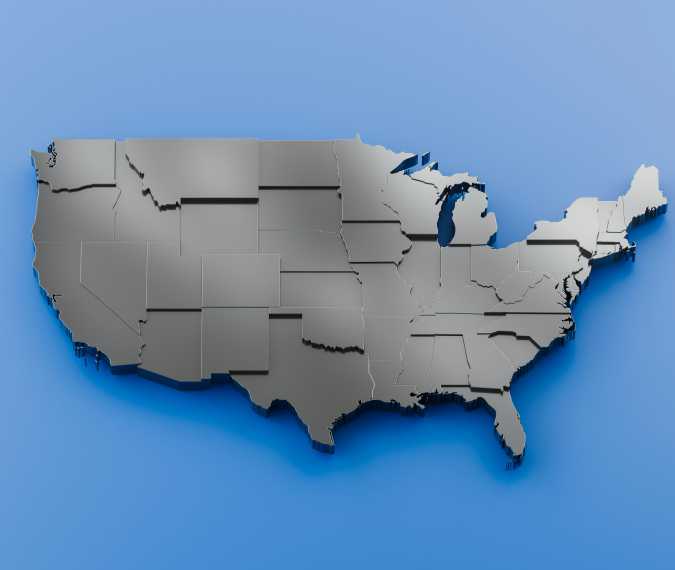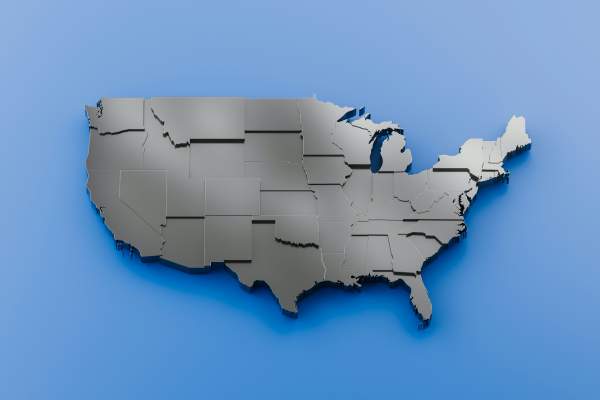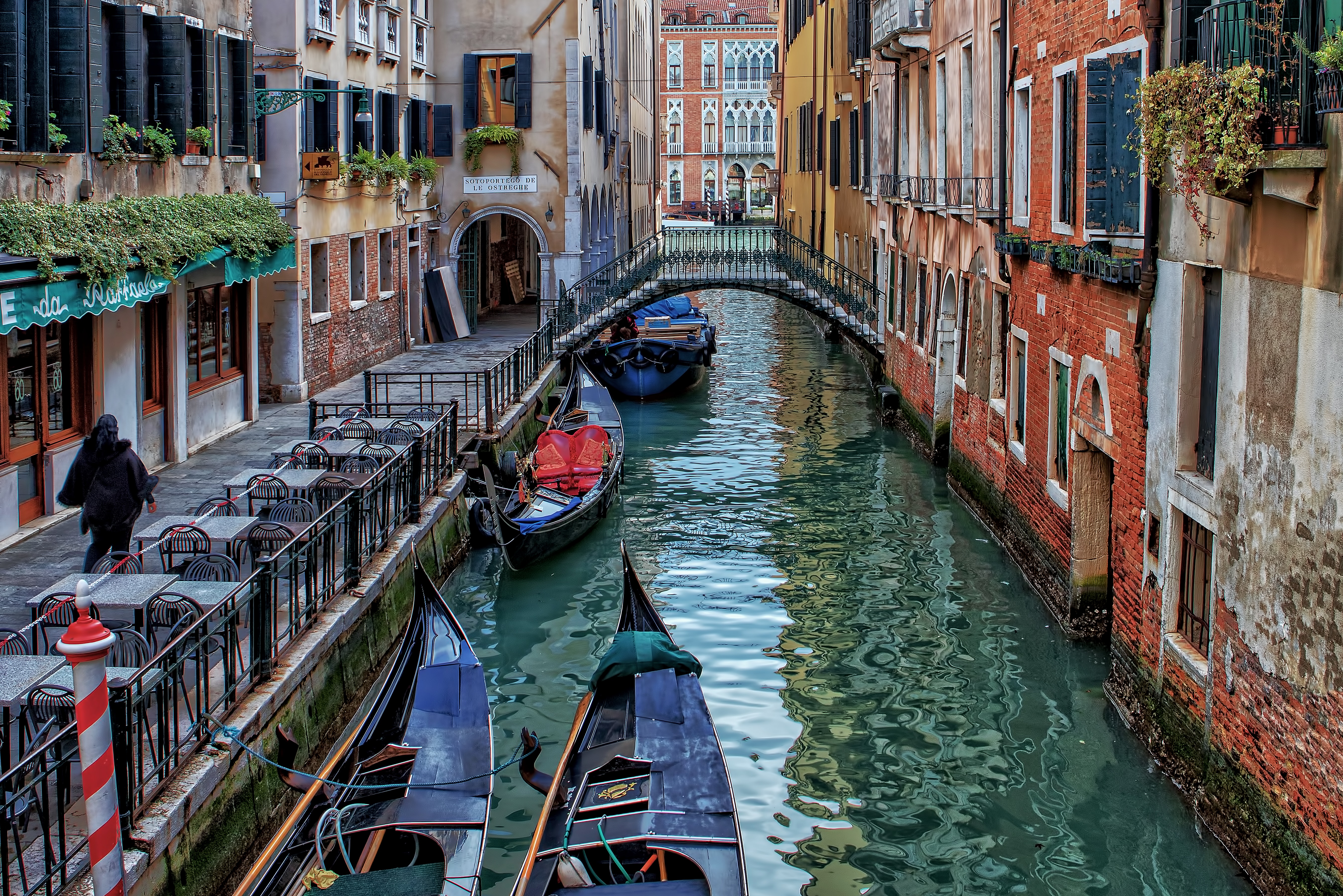
50 Weird State Laws in the US That Might Surprise You
The United States is a patchwork of unique cultures, traditions, and, as it turns out, some pretty strange laws. While many laws serve essential purposes, others leave us scratching our heads in disbelief. From prohibiting the use of certain household items to mandating odd behaviors, these laws provide a fascinating glimpse into the peculiar side of American legislation. Let's dive into 50 weird state laws in the US that might surprise you.
Alabama: No Confetti Allowed
In Alabama, it's illegal to throw confetti or spray silly string. This peculiar law aims to reduce litter and maintain cleanliness in public spaces. The fine for violating this regulation can be pretty hefty, deterring many from celebrating with these popular party items. The origins of this law can be traced back to efforts to reduce pollution and keep streets clean.
Alaska: Don't Push a Moose from an Airplane
Alaska has a unique law that makes it illegal to push a moose from an airplane. This bizarre rule likely originated as a humorous response to the state's numerous moose-related incidents and the importance of protecting wildlife. While it's still being determined if this law has ever been enforced, it highlights Alaska's distinctive approach to wildlife conservation.
Arizona: No Spitting in Public
Spitting in public places, such as on sidewalks or in parks, is prohibited in Arizona. This law is designed to maintain public hygiene and curb the spread of diseases. Enforcement of this regulation varies, but it serves as a reminder of the state's commitment to cleanliness.
Arkansas: Mispronouncing Arkansas is Illegal
Arkansas takes its name seriously. According to state law, it's illegal to mispronounce the state's name. The correct pronunciation is "Ar-kan-saw," and this law reflects the cultural pride residents have in their state's heritage.
California: No Nuclear Weapons
California has a law that prohibits the manufacture, maintenance, or ownership of nuclear weapons. While this law may seem outlandish, it underscores the state's commitment to safety and preventing nuclear proliferation. The implications of this law are significant, even if enforcement remains theoretical.
Colorado: No Catapulting
In Colorado, it's illegal to use a catapult. This strange law likely dates back to historical concerns about safety and property damage. While catapulting isn't an everyday activity today, the law remains on the books as a quirky reminder of past regulations.
Connecticut: Pickles Must Bounce
Connecticut has a law stating that pickles must bounce to be considered fit for sale. This regulation originated from a case where unscrupulous sellers passed off substandard pickles. The bouncing test ensures that only quality pickles reach consumers, preserving the state's reputation for good produce.
Delaware: No Halloween on Sundays
Delaware prohibits children from trick-or-treating on Sundays. This law reflects the state's respect for the Sabbath and its historical religious influence. When Halloween falls on a Sunday, trick-or-treating is moved to the preceding Saturday, ensuring the community can celebrate without infringing on religious observances.
Florida: No Selling Children
In Florida, it's illegal to sell your children. While this may seem like an apparent prohibition, the law was enacted to combat human trafficking and protect minors. It serves as a stark reminder of the importance of child welfare and the state's commitment to protecting its youngest residents.
Georgia: No Chicken Crossings
In Quitman, Georgia, it's illegal for chickens to cross the road. This law was likely introduced to ensure public safety and prevent traffic accidents caused by wandering poultry. While it sounds humorous, the regulation reflects the town's agricultural history and the practical concerns of rural life.
Hawaii: No Billboards
Hawaii has banned billboards to preserve its scenic beauty. This law ensures the state's natural landscapes remain unspoiled by giant advertisements. The regulation reflects Hawaii's commitment to environmental conservation and its tourism-driven economy.
Idaho: No Cannibalism
Idaho is the only state with an explicit law against cannibalism. This gruesome prohibition underscores the state's commitment to maintaining public order and safety. While it's unlikely to be violated, the law is a clear deterrent against such extreme behavior.
Illinois: No Fancy Bike Riding
In Galesburg, Illinois, it's illegal to ride a bicycle in a fancy manner. This regulation aims to prevent accidents and ensure cyclists adhere to safe riding practices. The law highlights the town's focus on public safety and responsible cycling.
Indiana: No Catching Fish with Bare Hands
In Indiana, catching fish with your bare hands is prohibited. This law is designed to protect fish populations and promote sustainable fishing practices. It reflects the state's commitment to conservation and responsible wildlife management.

Photo: unsplash.com/Alex Shuper
Iowa: No Kisses Lasting More than Five Minutes
In Iowa, kisses lasting more than five minutes are illegal. This quirky law likely originated from attempts to uphold public decency. While it's rarely enforced, the regulation is a fascinating glimpse into past social norms and the state's historical values.
Kansas: No Shooting Rabbits from Motorboats
Kansas has a law prohibiting the shooting of rabbits from motorboats. This unusual regulation reflects the state's emphasis on ethical hunting practices and wildlife conservation. It also reminds us of the diverse and sometimes strange hunting laws across the US.
Kentucky: No Dyeing Ducks
In Kentucky, it's illegal to dye ducklings and sell them unless six or more are dyed at once. This law was enacted to prevent individuals from dyeing and selling single ducklings, which could lead to impulse purchases and animal neglect. It highlights the state's efforts to protect animals from cruelty.
Louisiana: No Gargling in Public
In Louisiana, it's illegal to gargle in public places. This strange law likely originated from efforts to maintain public hygiene and etiquette. While it may seem trivial, the regulation underscores the state's historical focus on public manners.
Maine: No Keeping Christmas Decorations Up
Maine has a law requiring residents to take down their Christmas decorations by January 14th. This regulation ensures that holiday decorations don't become eyesores and maintains the aesthetic of neighborhoods. It reflects the state's community standards and emphasis on orderliness.
Maryland: No Lion as Pets
In Maryland, keeping a lion as a pet is prohibited. This law is part of broader regulations to ensure public safety and animal welfare. It highlights the state's commitment to responsible pet ownership and protecting residents from dangerous animals.
Massachusetts: No Dueling Allowed
Massachusetts prohibits dueling with swords or pistols. This law dates back to the 19th century when dueling was common. The regulation reflects historical efforts to reduce violence and promote peaceful conflict resolution.
Michigan: No Adultery
In Michigan, adultery is technically illegal. While rarely enforced, this law underscores the state's historical and moral values and efforts to uphold family integrity. It's a fascinating reminder of the legal intersections between personal behavior and public policy.
Minnesota: No Grease-Painted Faces
In Minnesota, wearing a grease-painted face at a public event is illegal unless you're part of a performance. This law aims to prevent disturbances and maintain public order. It highlights the state's focus on safety and community standards.
Mississippi: No Swearing in Public
In Mississippi, using profane language in public places is prohibited. This law is designed to maintain public decorum and prevent disturbances. While enforcement may vary, the regulation reflects the state's cultural values and emphasis on respectful behavior.
Missouri: No Driving with an Uncaged Bear
In Missouri, driving with an uncaged bear in your vehicle is illegal. This bizarre law aims to ensure public safety and prevent accidents. It reflects the state's unique history with wildlife and its focus on responsible animal transportation.
Montana: No Faking a Marriage
In Montana, pretending to be married to someone when you're not is illegal. This law was enacted to prevent fraud and ensure legal clarity in relationships. It underscores the state's commitment to maintaining legal and social order.
Nebraska: No Selling Doughnuts with Holes
Nebraska has a law prohibiting the sale of doughnuts with holes. This regulation likely originated from historical standards of food quality. It highlights the state's unique culinary traditions and efforts to protect consumers.
Nevada: No Camels on Highways
In Nevada, it's illegal to drive a camel on the highway. This law dates back to the 19th century when camels were used for transportation in the desert. It reflects the state's historical context and evolving transportation regulations.
New Hampshire: No Seaweed Collection at Night
In New Hampshire, collecting seaweed from the beach at night is prohibited. This law aims to protect marine ecosystems and prevent overharvesting, reflecting the state's commitment to environmental conservation.
New Jersey: No Slurping Soup
In New Jersey, slurping your soup is illegal. This quirky regulation maintains public decorum and promotes polite dining behavior. It highlights the state's focus on social etiquette.
New Mexico: No Spitting on Sidewalks
New Mexico prohibits spitting on sidewalks to maintain public cleanliness and hygiene. This law reflects the state's commitment to health and community standards. Enforcement varies, but the regulation serves as a public reminder to uphold cleanliness.
New York: No Wearing Masks in Public
In New York, wearing a mask at public gatherings is illegal except during designated events. This law dates back to the early 20th century and was intended to prevent crimes committed under disguise. It underscores the state's focus on safety and public order.
North Carolina: No Meeting in Costumes
In North Carolina, groups can meet in costume if they intend to disrupt public order. This law aims to prevent public disturbances and maintain safety. It highlights the state's historical concerns about group activities and public behavior.
North Dakota: No Beer and Pretzels
In North Dakota, serving beer and pretzels in bars is illegal. This strange regulation likely originated from historical health concerns or attempts to curb excessive drinking. It reflects the state's unique approach to regulating alcohol consumption.
Ohio: No Fishing for Whales on Sunday
In Ohio, it's illegal to fish for whales on Sundays. Given Ohio's lack of a coastline, this law is more humorous than practical. It reflects historical quirks in legal drafting and the state's cultural idiosyncrasies.
Oklahoma: No Making Ugly Faces at Dogs
Making ugly faces at dogs in Oklahoma can get you into legal trouble. This law is designed to prevent animal cruelty and ensure public safety. It underscores the state's commitment to protecting pets and maintaining public order.
Oregon: No Whistling Underwater
In Oregon, whistling underwater is prohibited. While this law may seem impossible to enforce, it reflects the state's quirky approach to public regulation, and it's a light-hearted reminder of the diverse and sometimes strange legal landscape in the US.
Pennsylvania: No Fishing with Dynamite
In Pennsylvania, using dynamite to fish is illegal. This law aims to protect aquatic ecosystems and promote sustainable fishing practices. It highlights the state's commitment to conservation and responsible wildlife management.
Rhode Island: No Biting off Someone's Limb
In Rhode Island, biting off another person's limb is explicitly prohibited. This gruesome law underscores the state's commitment to public safety and preventing extreme violence. It's a stark reminder of the importance of maintaining order and safety.
South Carolina: No Working on Sundays
In South Carolina, many types of work are prohibited on Sundays. This law reflects the state's historical religious influence and respect for the Sabbath. While enforcement varies, the regulation underscores the cultural significance of rest days.
South Dakota: No Horses in Fountains
In South Dakota, letting your horse drink from a public fountain is illegal. This law aims to maintain public hygiene and preserve water quality. It reflects the state's historical context and commitment to public health.
Tennessee: No Sharing Netflix Passwords
In Tennessee, sharing your Netflix password with others is illegal. This law is part of broader efforts to combat digital piracy and protect intellectual property. It highlights the state's adaptation to modern technological challenges.
Texas: No Selling Eyes
In Texas, selling human eyes is illegal. This law aims to prevent the illicit trade of human organs and protect public health. It underscores the state's commitment to ethical medical practices and public safety.
Utah: No Walking Down the Street Carrying a Violin in a Paper Bag
Walking down the street with a violin in a paper bag is prohibited in Utah. This quirky law likely originated from historical concerns about theft or public disturbances. It reflects the state's unique approach to public behavior regulations.
Vermont: No Clotheslines
In Vermont, it's illegal to use clotheslines in some neighborhoods. This regulation aims to maintain aesthetic standards and property values. It highlights the state's focus on community appearance and property management.
Virginia: No Tickling Women
In Virginia, tickling women is illegal. This law likely originated from efforts to prevent harassment and maintain public decorum. It reflects the state's historical values and commitment to protecting individual dignity.
Washington: No Throwing Rocks at Trains
In Washington, throwing rocks at trains is prohibited. This law aims to prevent accidents and ensure public safety. It underscores the state's commitment to maintaining safe transportation systems.
West Virginia: No Whistling Underwater
In West Virginia, whistling underwater is illegal. This humorous law reflects the state's quirky approach to public regulation and is a light-hearted reminder of the diverse and sometimes strange legal landscape in the US.
Wisconsin: No Serving Margarine in Public Institutions
In Wisconsin, serving margarine instead of butter in public institutions is prohibited. This law reflects the state's rich dairy heritage and commitment to supporting local agriculture. It underscores the cultural and economic significance of dairy farming in Wisconsin.
Wyoming: No Taking Pictures of Rabbits from January to April
In Wyoming, photographing rabbits from January to April without a permit is illegal. This law aims to protect wildlife during breeding season and highlights the state's commitment to conservation and responsible wildlife management.
Exploring these 50 weird state laws in the US offers a unique glimpse into the quirks of American legislation. While some laws may seem bizarre or outdated, they each have their own stories and reasons for existing. Whether they protect public safety, preserve community standards, or reflect historical contexts, these laws remind us of the rich and varied tapestry of rules that govern our lives. Next time you travel across the US, watch for these unusual regulations—you never know what surprises you might find.


